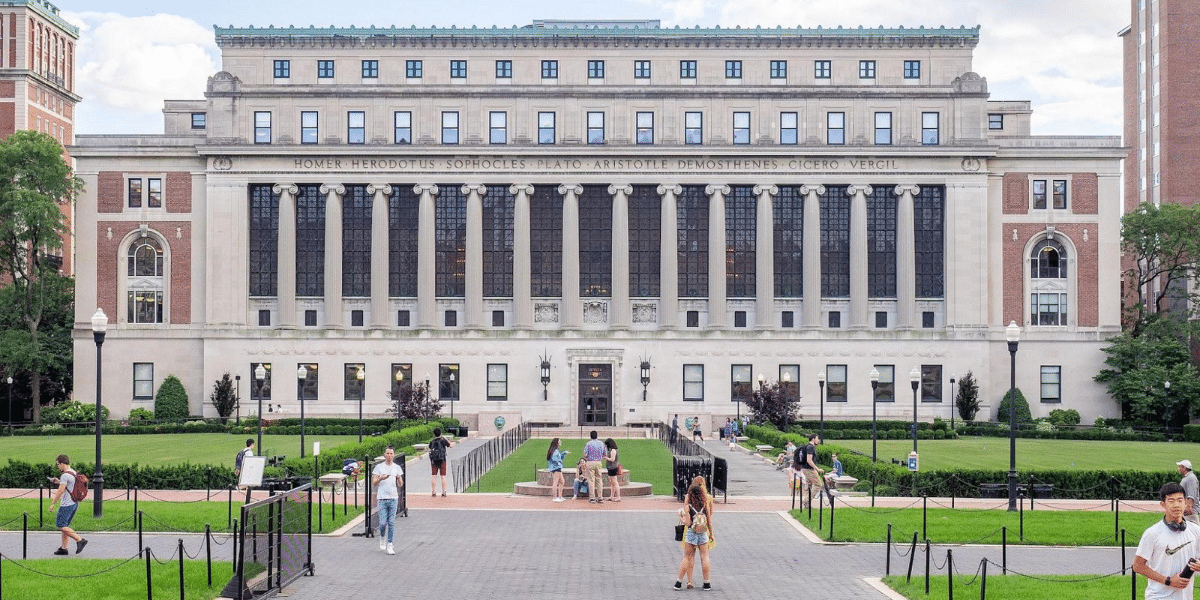Frank Altman, CEO of Community Reinvestment Fund, USA, emerges as a pioneer challenging the traditional norms. His recently released book, A New Capitalism: Creating a Just Economy That Works for All, presents a compelling vision for reshaping the capitalist framework. The launch of his work will be celebrated at NeueHouse, featuring Altman as a key speaker, marks a significant moment in the discourse on equitable capitalism.
A Critical Examination of Capitalism
Altman’s book goes beyond the surface, delving into the multifaceted layers of our economy. Through a lens that encompasses history, politics, culture, and economics, he dissects the intricacies that have shaped modern capitalism. Altman, a problem-solver at heart, recognizes the need for an analytical approach but doesn’t stop there. As reflected in the book, his work emphasizes the application of innovative solutions to address systemic issues ingrained in our economic structure.
A Legacy of Community Development
As the CEO of Community Reinvestment Fund, USA, Altman’s influence on community development and reinvestment is profound. The book showcases his journey, highlighting his instrumental role in developing a secondary market for community and economic development loans. With a collaborative approach, Altman’s organization has funded an impressive $2.4 billion in loans across forty-nine states. This success serves as a testament to the viability of a capitalism that actively contributes to the growth and well-being of local communities.
The Persistence of Systemic Racism
One of the book’s crucial aspects is its examination of systemic racism, particularly in policies like redlining. Altman sheds light on how these deeply rooted issues persist despite efforts to eliminate them. By confronting uncomfortable truths, A New Capitalism prompts readers to consider the broader implications of economic policies on marginalized communities. Altman’s commitment to tackling these issues head-on reflects a dedication to creating a more just and equitable society.
Innovative Approaches to Capitalism
Altman’s unique contribution lies in his application of capital markets to fund a diverse range of initiatives, from small businesses and affordable housing to charter schools and community organizations. Through this lens, he showcases a model of capitalism that isn’t solely profit-driven but prioritizes social impact. The book carefully dissects these case studies, illustrating how capitalism can be a force for positive change without compromising profitability.
A Shift in Values
In a pivotal moment in history, Altman observes a shift in American values. The once-unquestioned belief that corporations should solely focus on maximizing shareholder profits is eroding. Stakeholders are increasingly demanding that markets align with values of diversity, equity, inclusion, excellence, and sustainability. Altman sees this as an opportunity for change, a moment when a more just form of capitalism can take center stage.
Frank Altman: A Visionary Leader
Altman’s leadership extends beyond his role at Community Reinvestment Fund, USA. As a founding member and the first President of the Board of Directors of the New Markets Tax Credit Coalition, he played a key role in the creation of a federal tax credit to incentivize private investment in low-income communities. His involvement with the Center for Community Development Investors at the Federal Reserve Bank of San Francisco and advisory role to the Social Innovation Initiative at Brown University further solidify his status as a visionary leader shaping the discourse on capitalism.
In the pages of A New Capitalism, Frank Altman invites readers to reimagine the possibilities within our economic system. Through a comprehensive exploration of capitalism’s history, the persistence of systemic issues, and innovative solutions, Altman provides a roadmap for a more just and equitable future. As stakeholders increasingly demand values-driven capitalism, Altman’s work stands as a beacon, illustrating that profitability and social impact can coexist harmoniously. The launch of this transformative book heralds a new chapter in the ongoing dialogue about the role of capitalism in shaping a better world.







